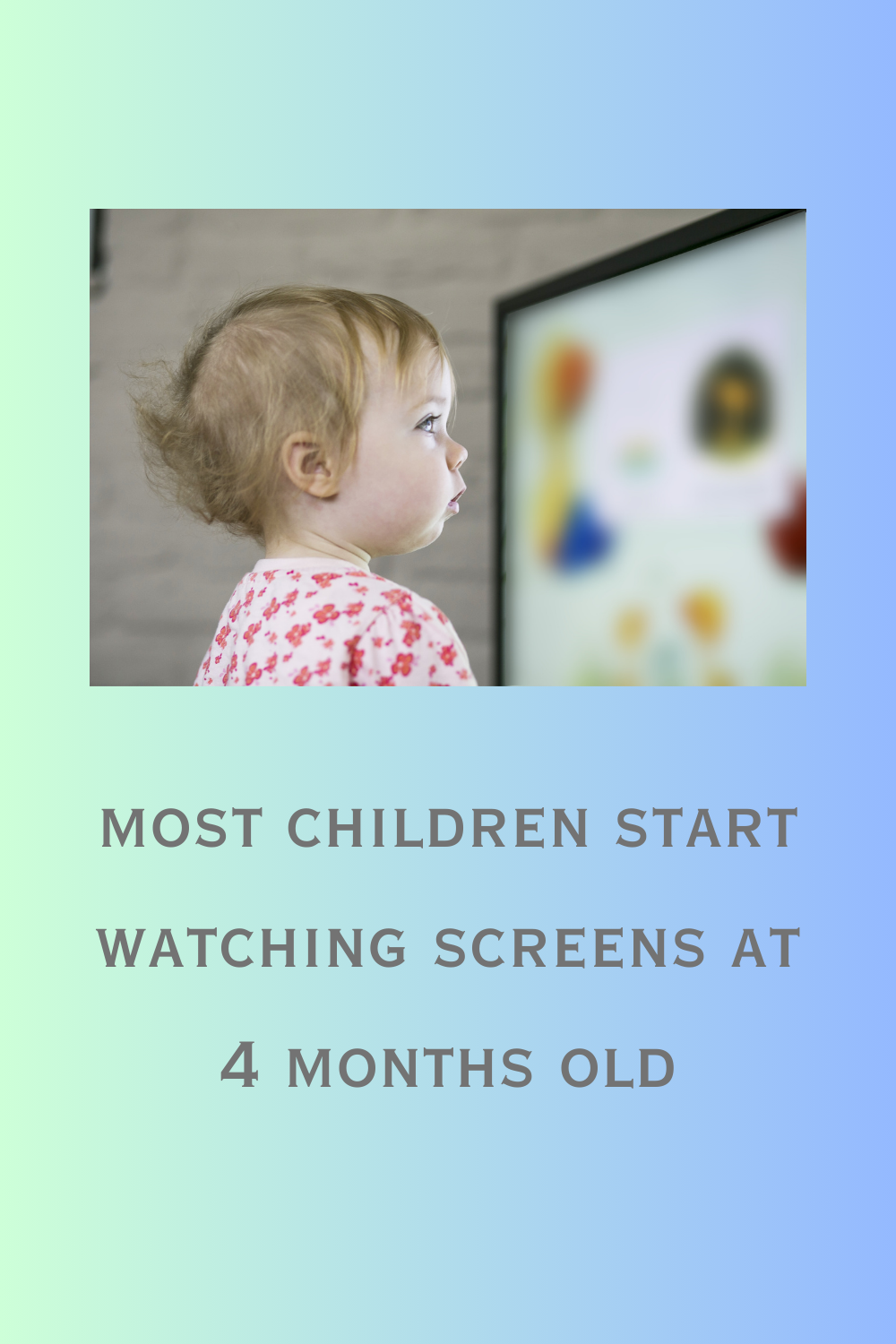When Is Too Much Screen Time Too Much?
This is a question most parents have asked themselves. The answer is not easy to find and there is no one size fits all when it comes to screen time for young children.
Balance is the most important thing to consider.
We live in a digital age and screens and screen time is very normal. Feeling guilty about your child watching 4 hours of Peppa Pig is unnecessary and unhelpful – instead, choose balance as a priority.
TV and screen time is a welcome and necessary break for all parents and caregivers – what matters is using it wisely and that means having boundaries and knowledge.
The definition of screen time is any time spent in front of a screen – whether that is a television, tablet or phone.
Disclaimer: I am a child of the 70’s. We had a TV in our home and we watched it whenever we were allowed to. Our screen time increased the older we got. I do not feel that screentime affected me adversely. My own children born in the early and mid 90’s also watched TV. After school or kindy it was on for a few hours while I prepared dinner and bathed the baby etc. I do not feel my children have been disadvantaged by too much screentime. As a parent I was selective about what they were allowed to watch and this continued until their early teens.
The average age in the 70’s for a child to start watching television was 4 years old. Today it is 4 months old.
Our children are growing up as digital natives – they have never known a time without screens.
One of the main differences is that before video and TV-on-demand, when a show finished that spelt the end of screen time. Young children knew there was no other option and accepted screen time was over and went on with other activities. Now, children know full well the show is endless and can be watched repeatedly. Ending screen time can be a tantrum trigger.
The World Health Organisation recommends just one hour of screen time a day for children under 3 years old, but the actual screen time for a 3-5 year old is more like 50 hours per week.
Screens are proven to be effective teachers, so we must be very selective about the messaging our children watch.
It is recommended that children under 18months old do not watch television or media except for video chatting.
The effect of screen media on children is now a public health concern because of the following:
Less free movement
Less social interaction with other humans
Less learning through actual experiences
Having said all that, parents can mitigate some of the adverse effects.
Be extremely selective about what your child watches. Choose programming with real humans that isn’t an overload of imagery, colour, sound, and fast scene changes. Choose programming that encourages movement, counting and singing. Choose programming that your child responds to in an engaged way.
Use a timer or have very firm boundaries about how long screen time lasts.
Have other activity options at home that do not involve a screen.
Be aware of how sedentary your child is while watching TV – try and find a show where physical activity is encouraged. You can join in to model this. Otherwise, be sure to end screen time with a walk or jumping jacks etc.
Enroll in a playgroup or childcare where experiential learning is encouraged. That way you know your child has spent most of their day learning and interacting with peers and interested, caring, adults - TV can just be a chill-out mechanism or family time, at the end of the day.
Watch TV with your child so you can comment and interact, sing the songs and do the counting with them.
Movie nights are fun!
Like all things in life – no matter our age – BALANCE is the most important aspect to consider.
As your child gets older enroll them in a team sport, musical learning, or a theatre group. It is so important to encourage interaction with peers and caring adults, and to engage with new learning experiences. Even if your child resists at first – we must persevere as this is what creates a well-rounded human.
Let’s try and make a conscious choice to establish balance in our family life – especially when it concerns screen time.

